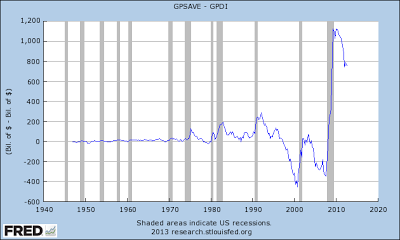With a flaw or two, Ed Asner tells it (mostly) like it is with a little help from animators:
It contains an oversimplification or two. It overly blames "rich people" without mentioning ignorant and misinformed people. And the video fails to mention that there are a number of "rich people" who weren't complicit -- at least not actively -- in that problem. And it seems there are some "rich people" who actually want to do the right thing. The core flaw with this video is that it paints rich people as a monolithic block of villainy, an impression that isn't generally correct.
However, such flaws aside, it does do a fairly good job of generally describing the breakdown in the economy. In a consumer society, one does not create prosperity by shoveling more and more via tax breaks to those who already consume all that they care to consume. In a consumer society, one creates prosperity by strengthening those classes of consumer that do not already have the income to consume all that they care to consume.
